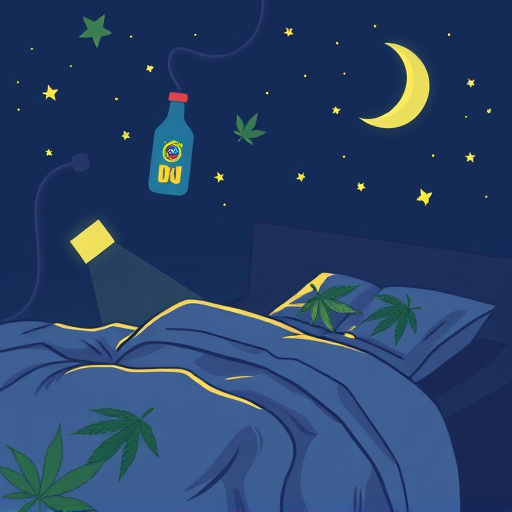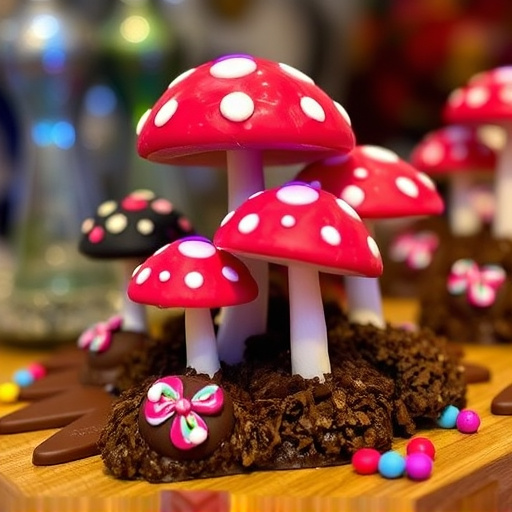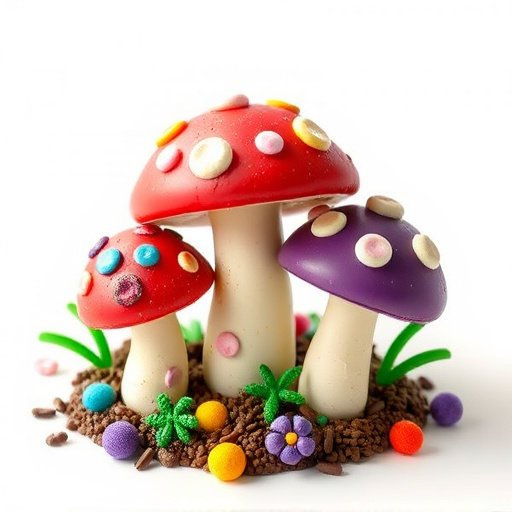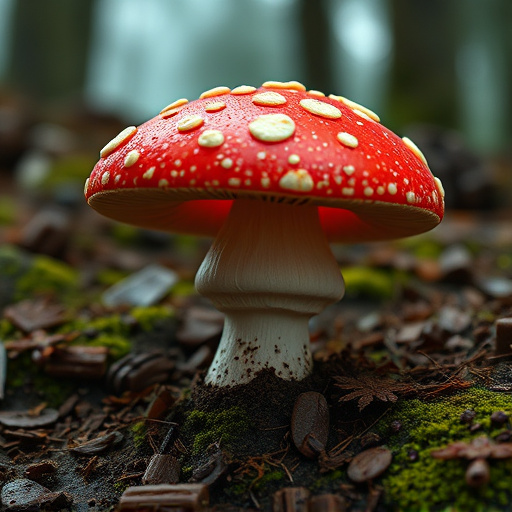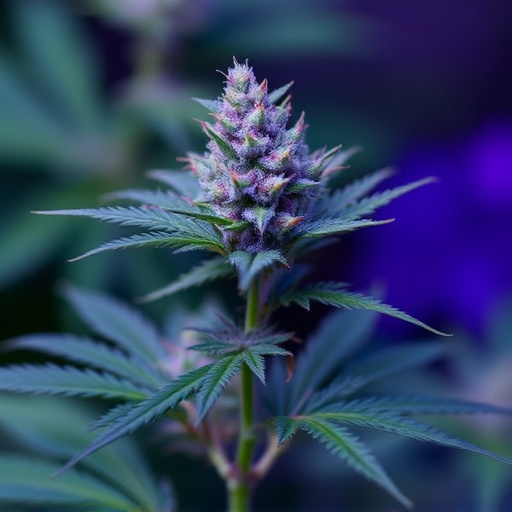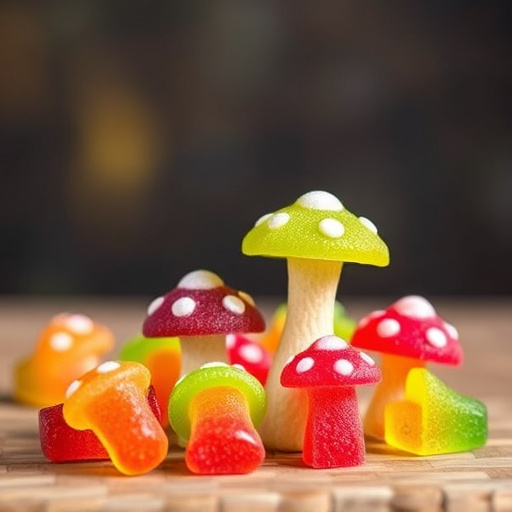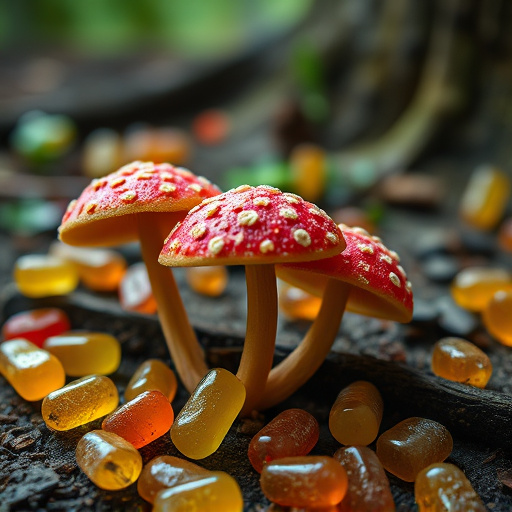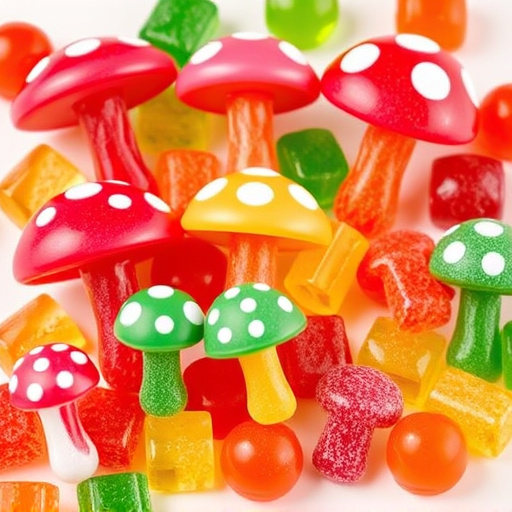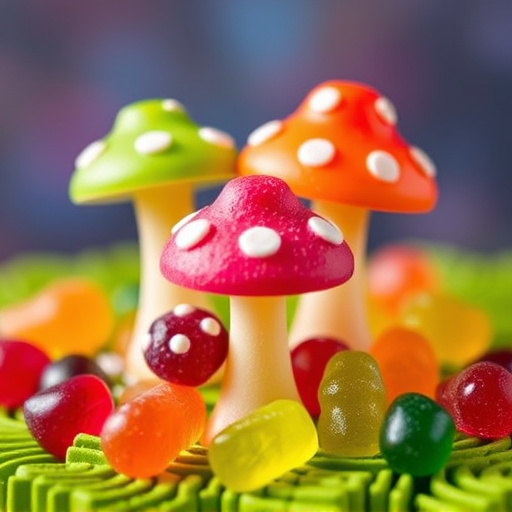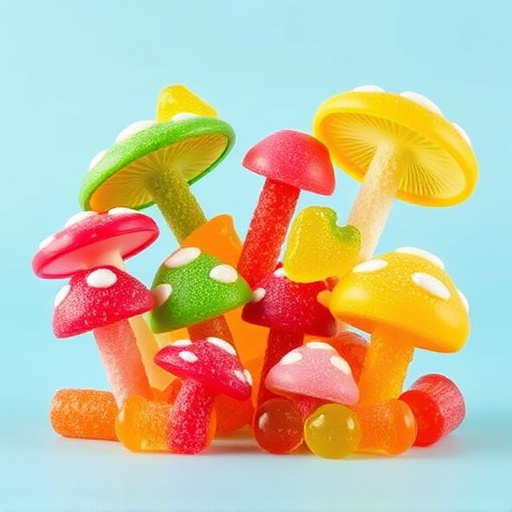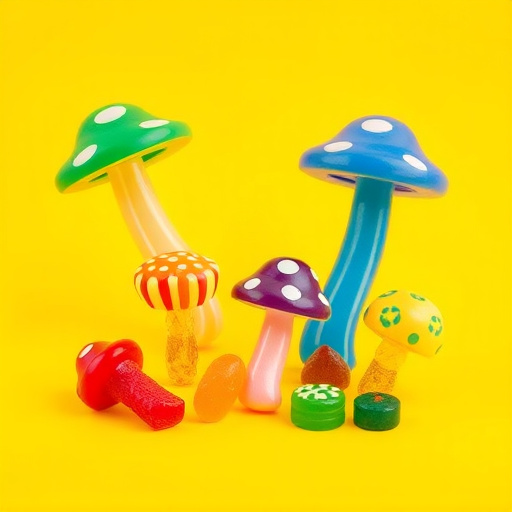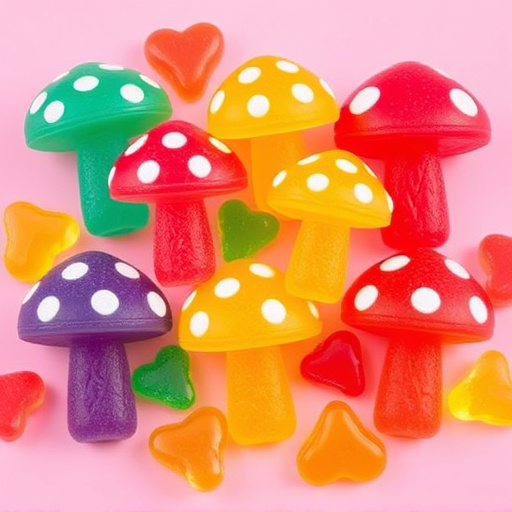Magic Mushroom Gummies, convenient edible forms of psilocybin, are at the forefront of psychedelic research due to their potential to enhance brain plasticity. Scientific studies suggest these compounds can improve neural connections, offering hope for treating depression and anxiety. As interest grows in their therapeutic benefits, navigating legalities and public perception is essential while exploring the relationship between Magic Mushroom Gummies and brain plasticity responsibly through reputable sources.
Discovering the enchantment of magic mushroom gummies? This guide unravels the fascinating world of these innovative treats, offering a unique blend of ancient wisdom and modern science. We’ll explore how magic mushrooms, renowned for their potential therapeutic effects on brain plasticity, have found new life in delicious gummy form. From understanding their composition to navigating legalities, this article provides insights into where to safely source these captivating candies, bridging the gap between tradition and contemporary wellness trends.
- Understanding Magic Mushroom Gummies: A Brief Overview
- The Science Behind Brain Plasticity and Its Connection to Magic Mushrooms
- Exploring Legalities and Safe Sources for Magic Mushroom Gummies
Understanding Magic Mushroom Gummies: A Brief Overview
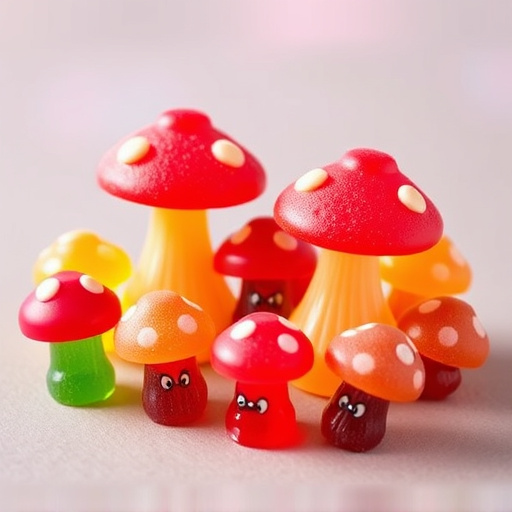
Magic Mushroom Gummies are a modern twist on traditional psychedelic experiences, offering a convenient and discreet way to explore altered states of consciousness. These edible treats contain psilocybin, the active compound found in certain species of mushrooms known for their psychotropic properties. Unlike other methods of ingestion, gummies provide a measured dose, making them appealing to those seeking a controlled experience. The effect of Magic Mushroom Gummies on brain plasticity is a topic of growing interest in the scientific community. Research suggests that psilocybin can enhance neural connections and promote neuroplasticity, leading to potential therapeutic benefits for mental health conditions such as depression and anxiety.
The unique combination of accessibility and biological activity makes Magic Mushroom Gummies a subject of both curiosity and study. As awareness grows about the therapeutic potential of psychedelics, these gummies could play a significant role in expanding our understanding of brain function and mental wellness. This emerging trend raises questions about regulation, accessibility, and public perception, all while offering a glimpse into a potentially transformative aspect of psychedelic research.
The Science Behind Brain Plasticity and Its Connection to Magic Mushrooms
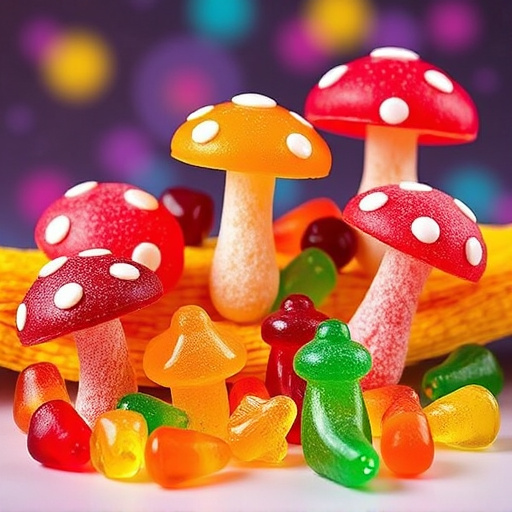
The human brain is a complex organ with remarkable capabilities, and its plasticity—or its ability to change, adapt, and rewire itself—is a fascinating aspect often linked to magical experiences induced by magic mushroom gummies. Brain plasticity refers to the brain’s capacity to reorganize itself by forming new neural connections throughout life. This process allows the brain to adapt to new environments, learn from experiences, and recover from injuries. When individuals consume magic mushrooms, also known as psilocybin mushrooms, they experience altered states of consciousness due to the activation of specific receptors in the brain.
Recent scientific studies have delved into the potential therapeutic benefits of psilocybin, the active compound found in these mushrooms. Research suggests that psilocybin can increase neural connectivity and promote brain plasticity, leading to profound changes in perception and thought patterns. This connection between magic mushroom gummies and brain plasticity has sparked interest in their use for therapeutic purposes, such as treating depression, anxiety, and other mental health conditions. The ability of these mushrooms to stimulate neuroplasticity offers a promising avenue for exploration in the field of neuroscience and psychology.
Exploring Legalities and Safe Sources for Magic Mushroom Gummies
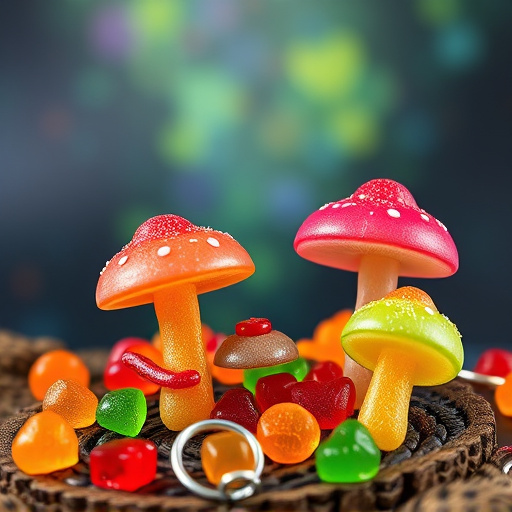
Exploring the world of Magic Mushroom Gummies involves more than just a quest for an unique experience; it demands an understanding of legalities and prioritizing safety. In many regions, psilocybin mushrooms—the active ingredient in Magic Mushrooms Gummies—are subject to strict regulations or outright illegal. This is due to their psychoactive properties, which can significantly alter brain plasticity, the brain’s ability to form new neural connections. However, a growing body of research suggests that controlled, supervised use of psilocybin under specific conditions can have therapeutic benefits for mental health conditions.
To ensure a safe and legal journey with Magic Mushroom Gummies, it is imperative to do thorough research on local laws. Reputable online platforms and dispensaries specializing in medicinal mushrooms offer guidance and adhere to legal frameworks. These sources not only provide information about the legality of psilocybin products but also emphasize responsible use and educate consumers about potential benefits backed by scientific studies. Engaging with these safe, regulated sources ensures that you are not only compliant with the law but also safeguarding your well-being while exploring the intriguing connection between magic mushrooms and brain plasticity.
In conclusion, magic mushroom gummies represent a unique blend of traditional psychedelic experiences and modern edible convenience. Understanding their connection to brain plasticity offers intriguing insights into potential therapeutic applications. However, navigating legalities is paramount for ensuring safety when exploring these compounds. Always opt for reputable, legal sources to gain the benefits of magic mushrooms responsibly, especially in regions where they are decriminalized or recognized for medical use.
